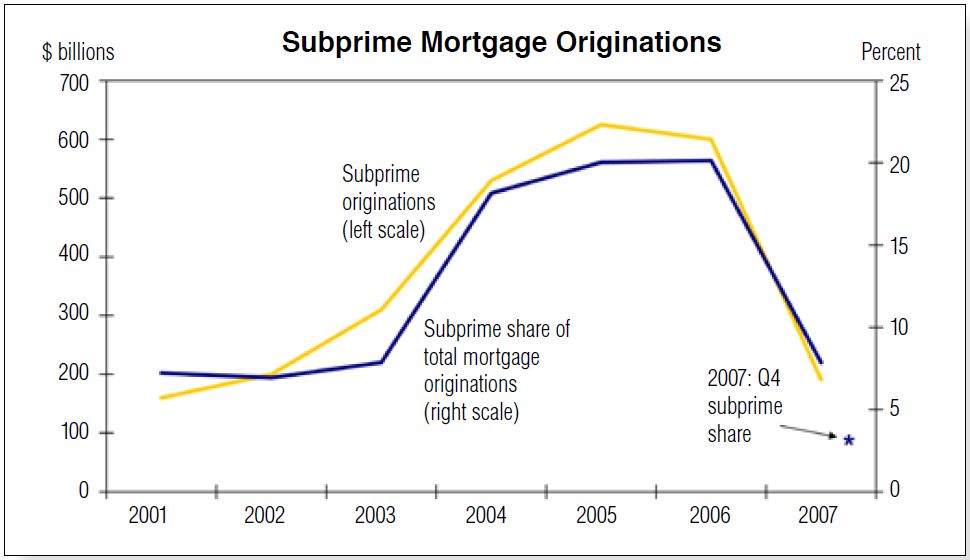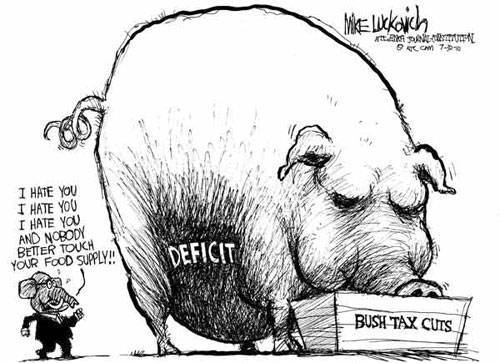Dad2three
Gold Member
10 things conservative Christians got horribly wrong
Evangelicals and their ilk have used God to justify everything from Prohibition and segregation to slavery
1) Slavery. Both sides of the American slavery debate claimed to be speaking from profound Christian conviction. The Bible clearly has a positive view of slavery, something pro-slavery Christians routinely pointed out. Abolitionists took a broader, less literal view of the Bible. Unsurprising that this divide led to the South being, to this day, home of the most people who take a literalist, fundamentalist view of Christianity.
2) Women’s suffrage. Unsurprisingly, conservative Christianity was hostile to women’s suffrage, just as it’s been hostile to women’s progress every step of the way. Women’s “God-given” roles were routinely referenced in arguments against giving women the right to vote
3) Evolution.
4) Pain relief for childbirth
5) Catholics. Modern American conservative Protestants embrace Catholics and have even started to borrow some Catholic arguments against things like abortion and contraception. But in the early 19th and 20th centuries, there was widespread anti-Catholic sentiment, much of it tied up in hostility to Catholic immigrants. There was even an anti-Catholic political party in the early 19th century.
6) Prohibition. Hostility to Catholic immigrants was a large part of the reason temperance mania took over many Protestant communities in the 19th and early 20th centuries. Despite the fact that Jesus was a wine drinker, abstinence from alcohol—and forcing abstinence on others by force of law—became a major Christian cause during this period, leading up to Prohibition. This was true, even though many in the temperance movement were also aligned with the suffragist cause, making Prohibition one of the few Christian follies that weighs as heavily on the progressive Christian tradition as it does the conservative one. Luckily, it took little more than a decade for the bigtime error that was banning alcohol to be fixed.
7) Segregation. Religious leaders like Martin Luther King Jr. led the desegregation movement, but it’s also important to note that the pro-segregation movement was also conceived as a Christian one. Arguments against “race mixing” were largely framed in religious terms....Christian right leader Jerry Falwell got his start fighting to uphold segregation, giving sermons about how integration was offensive to God
8) Contraception. From the beginning of the “birth control movement,” Christian conservatives fought to keep women from being able to have sex without getting pregnant.
9) School prayer. Along with supporting segregation and opposing feminism, the third issue that created the modern religious right is the issue of prayer in public schools. In 1961, the Supreme Court ruled against school-led prayers, even if they were supposedly voluntary. Instead of giving up a chance to use schools as a way to foist their beliefs on the unwilling, the religious right spent and continues to spend the next 50-plus years trying to find some way to sneak religious indoctrination/bullying of non-believers into public schools.
10) Marriage equality. The religious right is still fighting like it’s not obvious that they’re wrong on this one. The tide is shifting so fast it’s quickly becoming apparent that this issue, like segregation, is going to be one where they’ll be pretending they didn’t fight so hard for the side of wrong in a few decades.
10 things conservative Christians got horribly wrong - Salon.com
Evangelicals and their ilk have used God to justify everything from Prohibition and segregation to slavery
1) Slavery. Both sides of the American slavery debate claimed to be speaking from profound Christian conviction. The Bible clearly has a positive view of slavery, something pro-slavery Christians routinely pointed out. Abolitionists took a broader, less literal view of the Bible. Unsurprising that this divide led to the South being, to this day, home of the most people who take a literalist, fundamentalist view of Christianity.
2) Women’s suffrage. Unsurprisingly, conservative Christianity was hostile to women’s suffrage, just as it’s been hostile to women’s progress every step of the way. Women’s “God-given” roles were routinely referenced in arguments against giving women the right to vote
3) Evolution.
4) Pain relief for childbirth
5) Catholics. Modern American conservative Protestants embrace Catholics and have even started to borrow some Catholic arguments against things like abortion and contraception. But in the early 19th and 20th centuries, there was widespread anti-Catholic sentiment, much of it tied up in hostility to Catholic immigrants. There was even an anti-Catholic political party in the early 19th century.
6) Prohibition. Hostility to Catholic immigrants was a large part of the reason temperance mania took over many Protestant communities in the 19th and early 20th centuries. Despite the fact that Jesus was a wine drinker, abstinence from alcohol—and forcing abstinence on others by force of law—became a major Christian cause during this period, leading up to Prohibition. This was true, even though many in the temperance movement were also aligned with the suffragist cause, making Prohibition one of the few Christian follies that weighs as heavily on the progressive Christian tradition as it does the conservative one. Luckily, it took little more than a decade for the bigtime error that was banning alcohol to be fixed.
7) Segregation. Religious leaders like Martin Luther King Jr. led the desegregation movement, but it’s also important to note that the pro-segregation movement was also conceived as a Christian one. Arguments against “race mixing” were largely framed in religious terms....Christian right leader Jerry Falwell got his start fighting to uphold segregation, giving sermons about how integration was offensive to God
8) Contraception. From the beginning of the “birth control movement,” Christian conservatives fought to keep women from being able to have sex without getting pregnant.
9) School prayer. Along with supporting segregation and opposing feminism, the third issue that created the modern religious right is the issue of prayer in public schools. In 1961, the Supreme Court ruled against school-led prayers, even if they were supposedly voluntary. Instead of giving up a chance to use schools as a way to foist their beliefs on the unwilling, the religious right spent and continues to spend the next 50-plus years trying to find some way to sneak religious indoctrination/bullying of non-believers into public schools.
10) Marriage equality. The religious right is still fighting like it’s not obvious that they’re wrong on this one. The tide is shifting so fast it’s quickly becoming apparent that this issue, like segregation, is going to be one where they’ll be pretending they didn’t fight so hard for the side of wrong in a few decades.
10 things conservative Christians got horribly wrong - Salon.com






